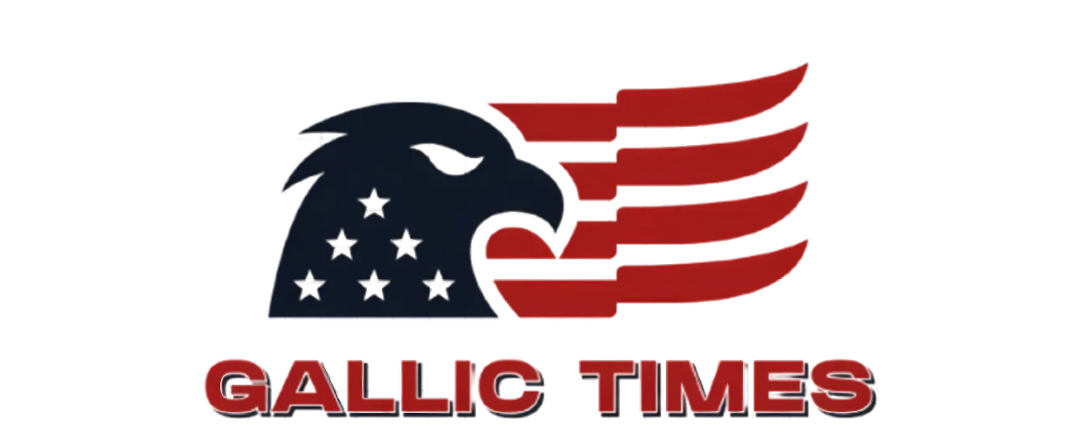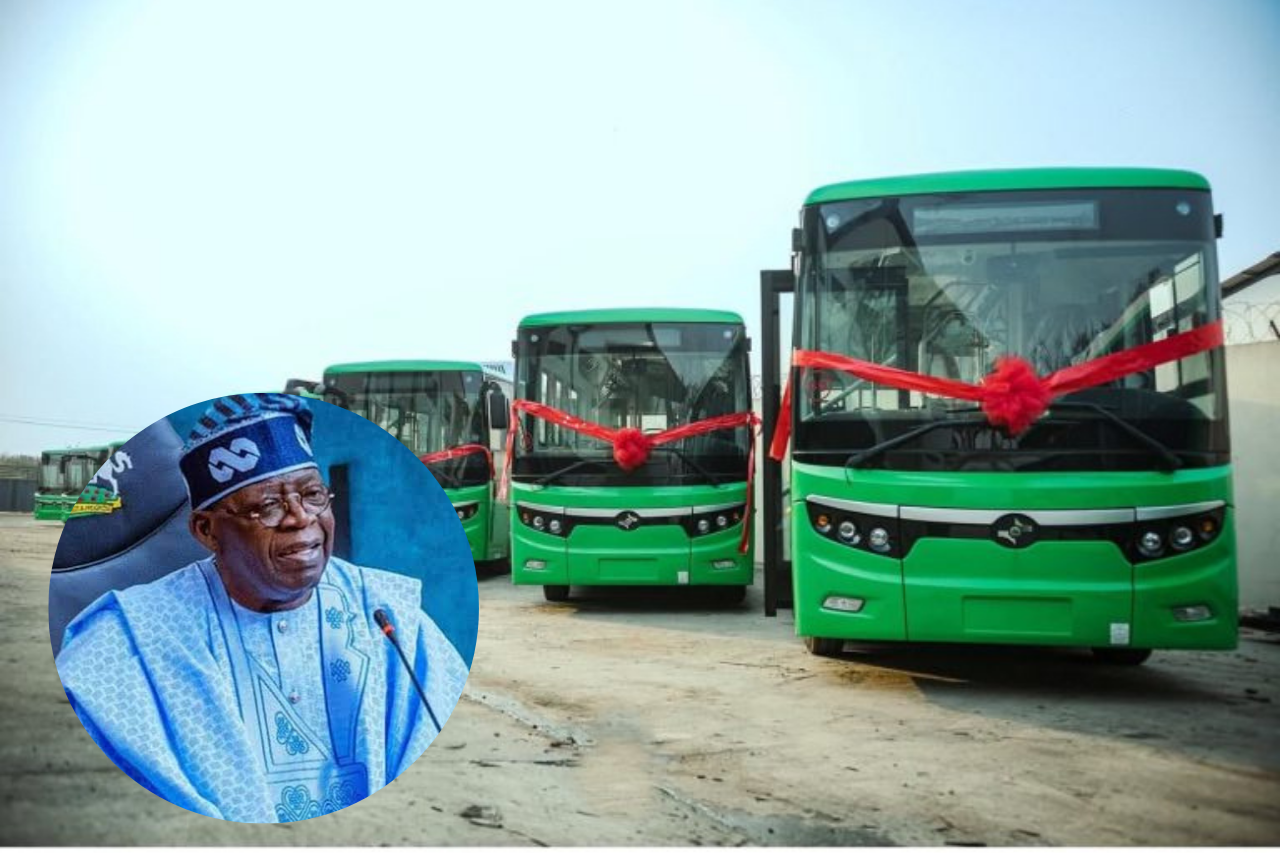The Nigerian government, under President Bola Ahmed Tinubu, is implementing an ambitious plan. It aims to introduce a mass electric vehicle (EV) transportation system in the country’s northeast region. The Federal Executive Council (FEC) recently approved significant contracts for this initiative.
According to government sources, the FEC has approved contracts totaling nearly $100 million. This investment will fund electric buses, tricycles, and charging infrastructure. The goal is to support the new transportation network.
Contract Breakdown: Key Investments
The contracts reveal a multi-faceted approach to electrifying transportation:
- Electric Buses: Bluecrest Integrated Concept Limited will supply ten 17-seater electric buses. This will be completed within six months. The cost is approximately $1.91 million.
- E-Tricycles: Messrs Mutual Commitment Company Limited will provide 4,000 electric tricycles (e-tricycles). This will take nine months and cost approximately $32.65 million. Shanghai Integrated Infrastructure Development and Sinoma Investment International Limited will each supply 3,000 e-tricycles. The cost is approximately $24.49 million per supplier. These e-tricycles can carry nine passengers plus the driver.
- Electric Cars: Messrs HNCEGC will deliver a fleet of electric cars for about $10.73 million. This includes 100 BYD Dolphin EVs, 100 BYD Qin Plus EVs, and 37 BYD Yuan Plus EVs.
- Charging Infrastructure: Messrs KB Laman Motors Nigeria Limited will establish charging stations. These stations will power the electric vehicles. The budget is approximately $5.53 million.
Funding and Strategic Alignment
The North East Development Commission (NEDC) is financing the project. This aligns with the NEDC’s strategy. The goal is to reduce carbon emissions and promote energy efficiency in northeast Nigeria. The region faces challenges related to environmental degradation and security.
Government Support
President Tinubu approved the procurement in October. He also inspected the electric vehicles, charging units, and battery technology. This signals a strong government commitment.
Related Post: Nigeria Bets on Agriculture: Can it Replace Oil as the Economic Driver?





